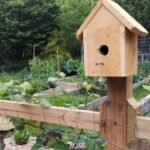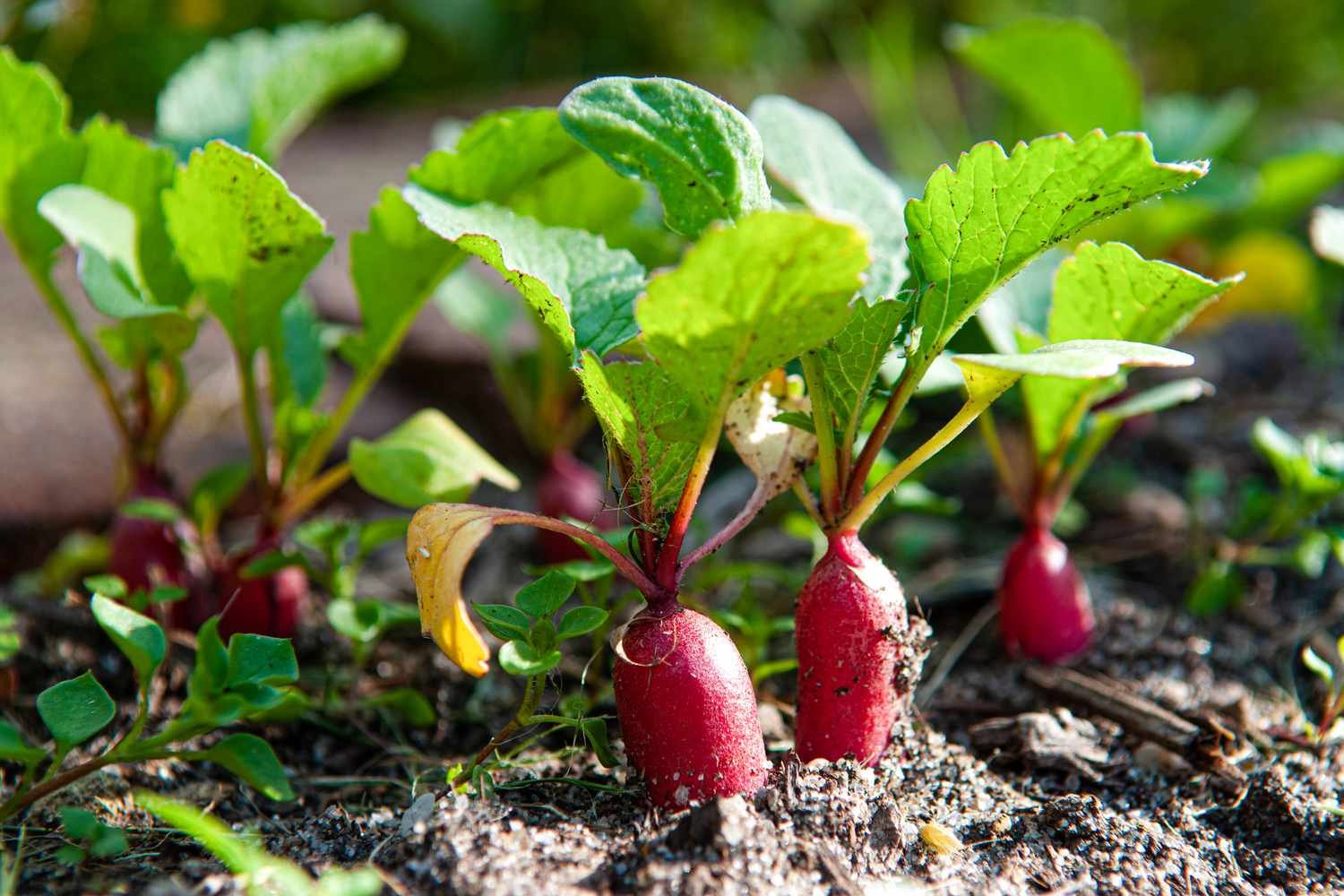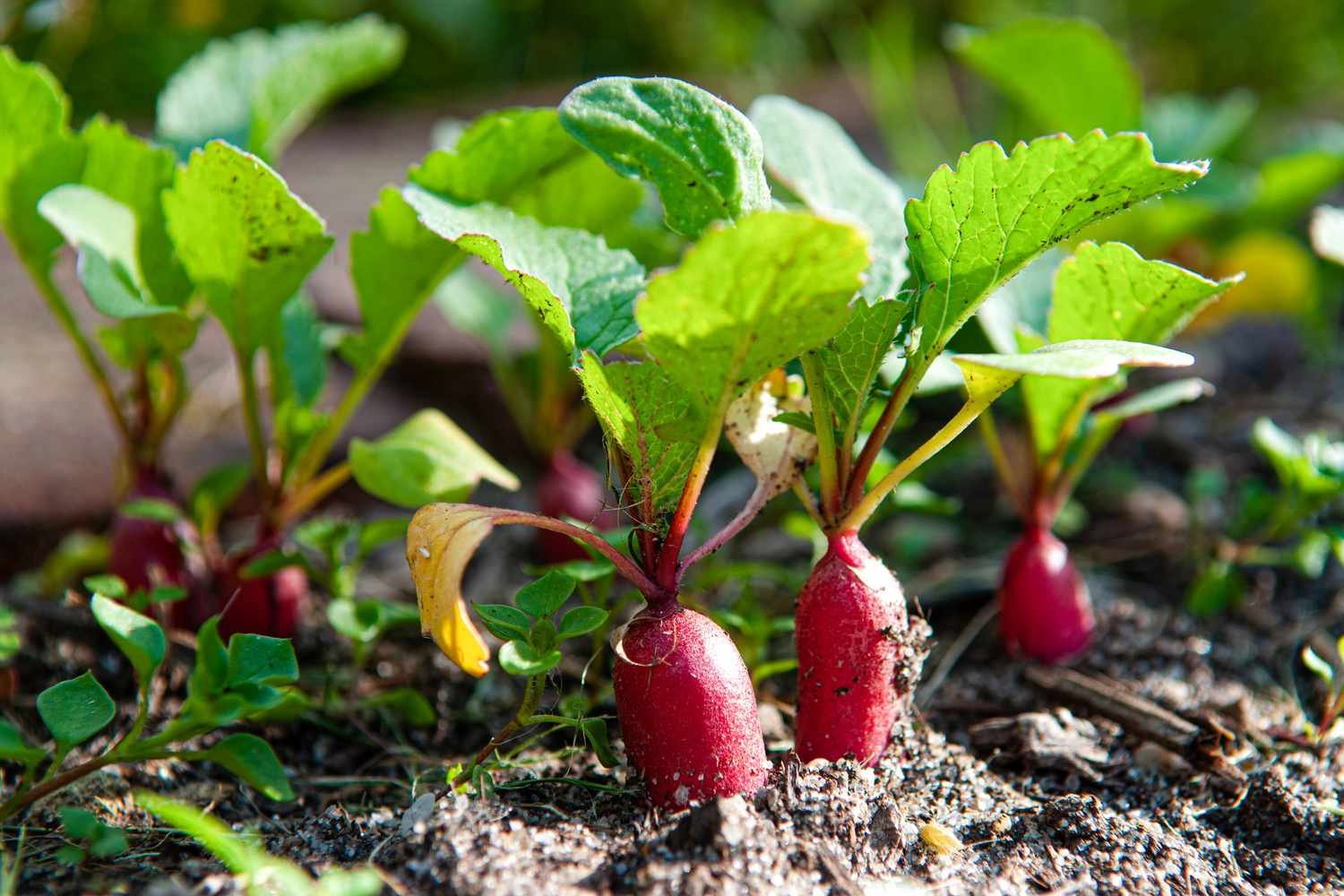Winter gardening can be a rewarding experience that allows you to enjoy fresh produce and beautiful plants even during the colder months. With the right techniques, you can protect your garden from frost and snow while encouraging healthy growth. In this guide, we will explore essential Winter gardening techniques to help you make the most of your garden all year round. Whether you are a beginner or an experienced gardener, these tips will ensure your plants stay healthy and productive throughout the winter.

Preparing Your Garden for Winter
To start, preparation is key for successful winter gardening:
Clean Up the Garden
Remove dead plants, weeds, and debris. This helps to prevent pests and diseases from overwintering in your garden.
Amend the Soil
Add compost or manure to enrich the soil. Healthy soil provides essential nutrients that plants need to survive the winter.
Mulching
Apply a thick layer of mulch around your plants. Mulch helps to insulate the soil, keeping roots warm and preventing soil erosion.
Choosing the Right Plants
Not all plants can withstand cold weather, so it’s important to select the right ones for winter gardening:
Cold-Hardy Vegetables
Some vegetables thrive in cooler temperatures. Consider planting kale, spinach, broccoli, and Brussels sprouts.
Winter Flowers
Flowers like pansies and violas can add color to your garden even in the winter. These flowers are resilient and can withstand frost.
Perennials
Perennial plants, such as hellebores and ornamental grasses, come back year after year and can handle winter conditions.
Using Cold Frames and Greenhouses
Protection from extreme cold is crucial for winter gardening:
Cold Frames
A cold frame is a simple structure that protects plants from frost. It acts like a mini-greenhouse, trapping heat and extending the growing season.
Greenhouses
For more serious winter gardening, a greenhouse provides a controlled environment where you can grow a variety of plants. Greenhouses protect from cold and allow for year-round gardening.
Watering and Fertilizing in Winter
Proper watering and fertilizing ensure that plants get the nutrients they need:
Watering
Water plants during the warmer part of the day to prevent the water from freezing. Reduce the frequency of watering since plants need less water in winter.
Fertilizing
Use a slow-release fertilizer to provide nutrients over time. Avoid over-fertilizing, as too much can harm plants during the dormant winter period.
Protecting Plants from Frost
Frost can damage or kill plants, so taking preventive measures is important:
Frost Cloths
Use frost cloths or blankets to cover plants on cold nights. This helps to trap heat and protect plants from frost damage.
Cloche
A cloche is a dome-shaped cover that protects individual plants. It can be made from glass, plastic, or even a cut-off plastic bottle.
Windbreaks: Strong winds can increase the cold stress on plants. Use windbreaks, such as fences or hedges, to reduce wind exposure.
Indoor Winter Gardening
For those with limited outdoor space, indoor winter gardening is a great option:
Herbs
Grow herbs like basil, parsley, and thyme indoors on a sunny windowsill. These herbs thrive in indoor conditions and can be used fresh in cooking.
Container Gardening
Use containers to grow small vegetables and flowers indoors. Ensure they have adequate light and are watered appropriately.
Grow Lights
If natural light is insufficient, use grow lights to supplement. Grow lights provide the necessary light spectrum for plant growth.
Conclusion
Winter gardening is a fulfilling way to keep your garden alive and productive through the colder months. By following these winter gardening techniques, you can ensure your plants stay healthy and enjoy fresh produce year-round. From preparing your garden and choosing the right plants to using cold frames and greenhouses, these tips will help you create a thriving winter garden. Remember, with proper care and attention, your garden can flourish even in the coldest of seasons. Embrace the challenge of winter gardening and reap the rewards of a vibrant and fruitful garden all year long.











